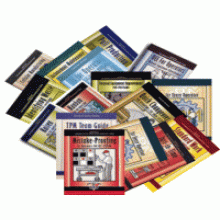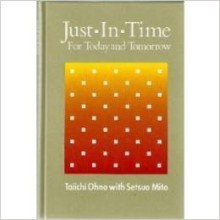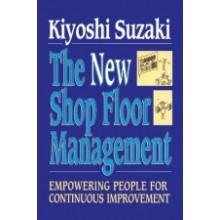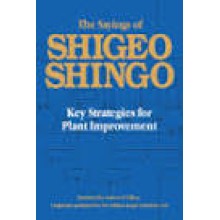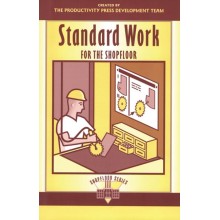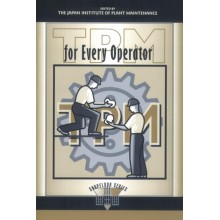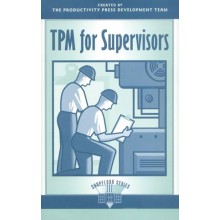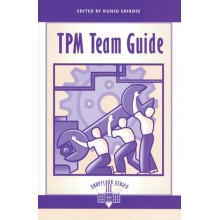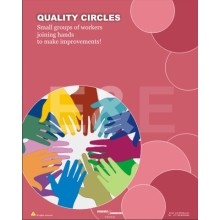SHIGEO SHINGO SERIES
Quantity:
-
Add to Compare
This Shingo-prize-winning series of paperback books was conceived as a way of teaching lean concepts to workers on the shop floor through clearly written descriptions accompanied by illustrations. Each book focuses on a particular lean concept : TPS, Poka-Yoke System, Manufacturing : The SMED System, Plant Improvement & Continuous Improvement.
Series include - :
A Revolution in Manufacturing : The SMED System
A Study of the Toyota Production System: From an Industrial Engineering Viewpoint
Non-Stock Production : The Shingo System of Continuous Improvement
The Sayings of Shigeo Shingo : Key Strategies for Plant Improvement
Understanding A3 Thinking : A Critical Component of Toyota's PDCA Management System
Zero Quality Control : Source Inspection and the Poka-Yoke System
The Sayings of Shigeo Shingo leads you through the five stages of STM, with appropriate examples taken from notes Dr. Shingo collected during his consulting trips to American and Japanese plants. It shows how, in many cases, the most brilliant ideas are often so simple they're overlooked. Or they're dismissed because they seem ridiculous:
• A Japanese plant, after first rejecting the idea as "too silly," finds that unhulled rice is ideal for smoothing the rough surfaces on pressure-formed ebonite switches
• Granville-Phillips, in Boulder, Colorado, reduced defects to zero in one process after Dr. Shingo suggested illuminating circuit boards from below to reduce errors involved in the insertion of diodes and resistors
The Sayings of Shigeo Shingo is must reading for plant managers and engineers. It formalizes the powerful and creative way of thinking that Shingo himself used time and again to overcome problems that seemed virtually insurmountable.
Here is Dr. Shingo's classic industrial engineering rationale for the priority of process-based over operational improvements in manufacturing. He explains the basic mechanisms of the Toyota production system, examines production as a functional network of processes and operations, and then discusses the mechanism necessary to make JIT possible in any manufacturing plant.
• Provides original source material on Just-ln-Time
• Demonstrates new ways to think about profit, inventory, waste, and productivity
• Explains the principles of leveling, standard work procedures, multi-machine handling, supplier relations, and much moreIf you are a serious student of manufacturing, you will benefit greatly from reading this primary resource on the powerful fundamentals of JIT.
In Understanding A3 Thinking, the authors first show that the A3 report is an effective tool when it is implemented in conjunction with a PDCA-based management philosophy. Toyota views A3 Reports as just one piece in their PDCA management approach. Second, the authors show that the process leading to the development and management of A3 reports is at least as important as the reports themselves, because of the deep learning and professional development that occurs in the process. And finally, the authors provide a number of examples as well as some very practical advice on how to write and review A3 reports.
Write a review
Your Name:Your Review: Note: HTML is not translated!
Rating: Bad Good
Enter the code in the box below:
Copyright © 2014 Engineering Standards Bureau. All Rights Reserved.
Developed By Zoom Into Web





